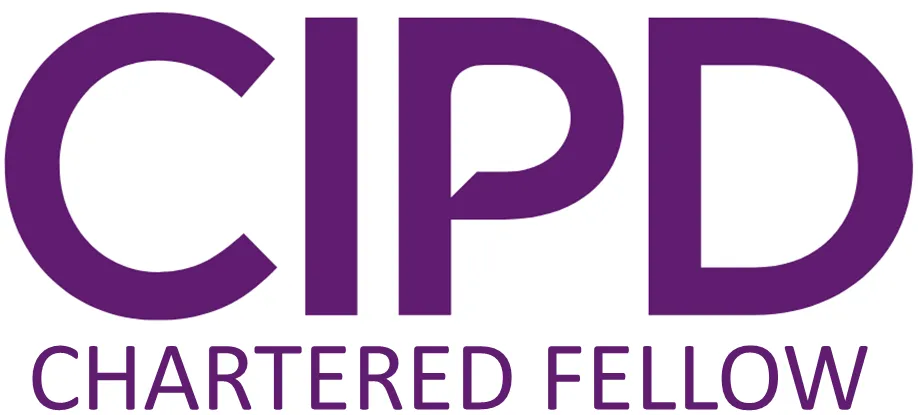Read Our Latest Blogs

StatsET
The Ministry of Justice (MOJ) has published its latest quarterly statistics update for cases in the employment tribunal (ET) service covering Quarter 3 (Q3), October to December 2024.
Key data for Q3 2024/25
26,000 claims were received by ETs.
Total ET claims have increased 35.7% year on year, between Q3 2024/25 and Q3 2023/24.
Between Q2 and Q3 2024/25, specific claims compare as follows:
redundancy (failure to inform and consult) — up 50%
breach of contract — up 10.8%
unfair dismissal — up 10.4%
failure to provide a statement of written particulars (an employment contract including information under s.1 Employment Rights Act 1996) — up 5.2%
discrimination:
sex — up 12.3%
race — up 12.6%
sexual orientation — up 13.3%
age — up 12.8%.
What does this mean?
Cases relating to redundancy rose significantly. This could be due to the continuing pressures of the cost of living, as more and more businesses feel the pinch and are forced to cut staffing levels for the business to remain viable, or when the organisation shuts down altogether. Employers must ensure that thorough consultation take place when consulting on redundancy to avoid these claims.
Breach of contract claims have also increased. This can happen when an employer misunderstands the implications of their actions. An in-depth understanding of the employment contract is required before any measures are taken that could affect its terms.
The number of claims for an employer’s failure to provide a written statement of main terms has also increased. For what should be a relatively simple task, failing to do this can come with a significant fee; the maximum compensation for this from 6 April 2025 is £2876 (four weeks’ pay capped at the statutory rate) per employee.
Discrimination cases have also increased, suggesting greater awareness of rights in this area and increased willingness to pursue the issue when these are breached. Employers should ensure their workforce is trained in equality, diversity and inclusion to avoid this arising and that their policies, procedures and practices are effective in stopping discrimination across the organisation.
For us, it's about being a good employer first; compliance will naturally follow, but we use employment law requirements as a tool to facilitate this, so if you want to check out how compliant you are with employment law requirements - download our free employment law checklist












